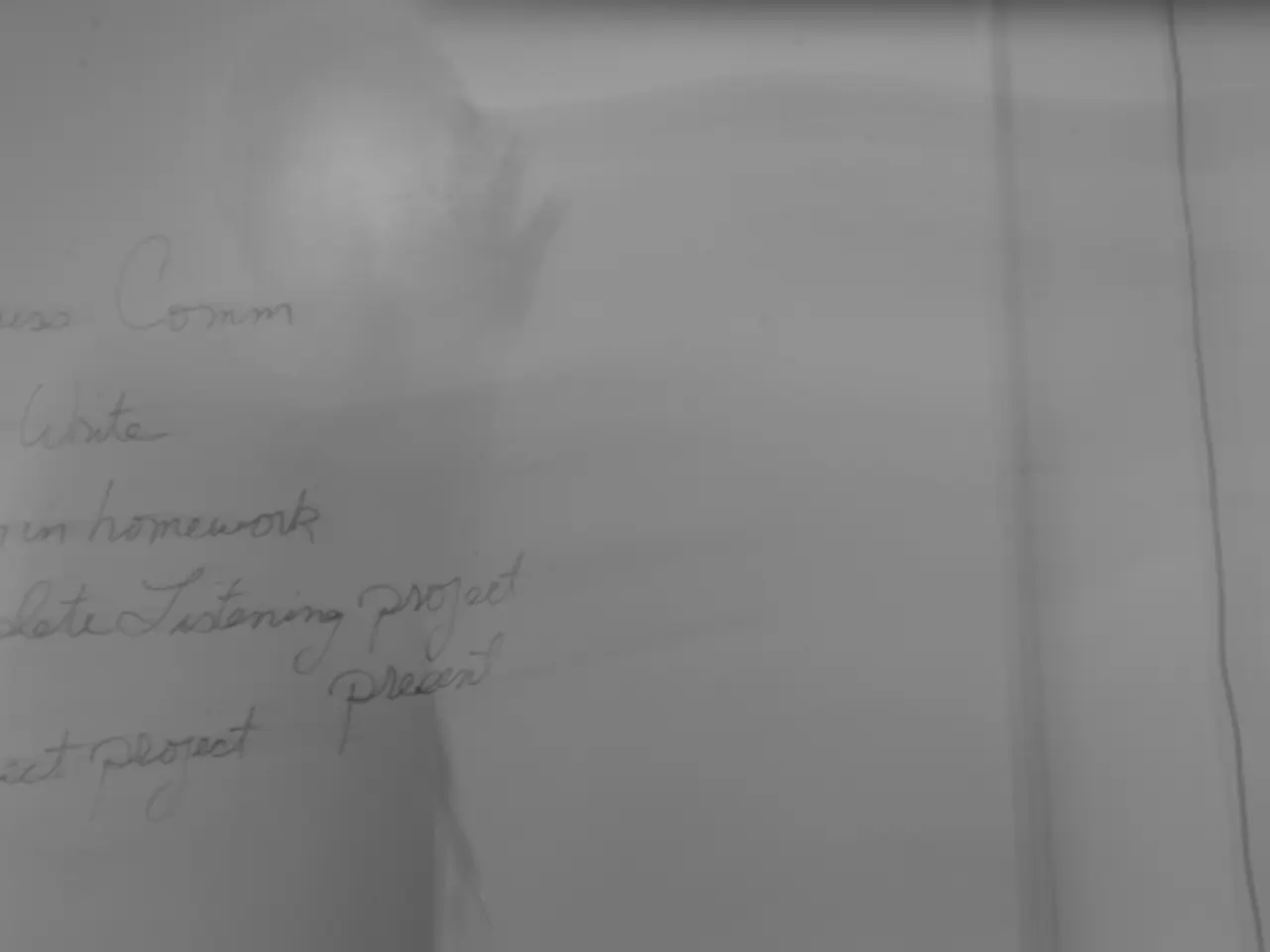Enhanced Understanding of U.S. Government and Politics Among Citizens
The Annenberg Public Policy Center (APPC) has released the results of its annual Annenberg Constitution Day Civics Survey, providing insights into Americans' knowledge of their constitutional rights and their views on potential reforms for the Supreme Court.
Conducted by the APPC, the survey delved into various aspects, including the understanding of the three branches of government. In 2025, more than two-thirds of U.S. adults could name all three branches – a significant increase compared to a year ago. Nearly four in five people could name 'freedom of speech' as a right guaranteed by the First Amendment, indicating a strong awareness of their constitutionally protected rights.
The survey also explored the nation's highest court, the U.S. Supreme Court. Regrettably, trust in the court continues to deteriorate, with nearly 6 in 10 people voicing little or no trust that it is operating in their best interests. However, the findings also suggest popular support across party lines for several potential proposals to reform the Supreme Court.
Kathleen Hall Jamieson, the director of APPC, emphasised the importance of civics education, stating, 'People need to know and understand their constitutionally protected rights for them to cherish, safeguard, and exercise them.' Proposed reforms include term limits, the establishment of a mandatory retirement age, and a prohibition on justices participating in cases with conflicts of interest.
The APPC's Leonore Annenberg Institute for Civics also released an annual film about aspects of the U.S. Constitution. This year's film focuses on the importance and history of the Commerce Clause, a provision that has significantly impacted the ongoing debate about the balance of state and federal powers.
The survey's results underscore the need for continued efforts in civic education and the importance of understanding the Constitution and its implications for American society. As Jamieson aptly put it, 'Civics education at home and in schools should be a high priority.'
Read also:
- Inherent Skills Know No Bounds, Yet Access to Employment Remains Unequal: Suggestions for a More Equitable Job Market of the Future
- Cricket Tournament Highlight: Unity Among Rivals - UAE's Team Demonstrates Indian-Pakistani Collaboration for a Common Target
- "Understanding Fodder: Explore 6 Variations to Test"
- Impact of a Less Democratic U.S. on Europe's Political Landscape




